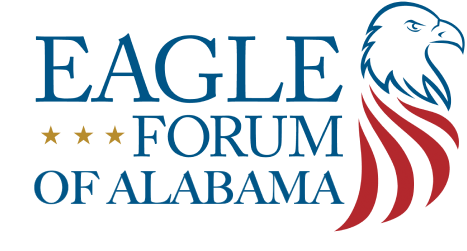#2 Free Enterprise by, Rev. John Killian
The free enterprise system is so identified with the heritage of our country, that economic success is spoken of as, “living the American dream.” The description is not without merit, as the founding of civilized life and the establishment of American independence on this Continent was certainly the catalyst for innovation and invention, not just in the Western Hemisphere but across the globe. We have no need to wonder why the entire world looks at our country as the economic engine that scatters wealth across the globe.
Why is the economic system of the United States so powerful? Why does the world see our country as the source of so much wealth and promise? Other continents certainly compare with sheer workforce and natural resources. What distinguishes American prosperity from that of other countries?
Our country was founded upon principles of liberty and property. The right of the individual to private property was respected. On what grounds did the American colonies declare independence? Thomas Jefferson, the primary author of the Declaration of Independence, wrote in the Declaration concerning King George, “He has erected a Multitude of new Offices, and sent hither Swarms of Officers to harass our People, and eat out their Substance”. Our Founders resisted the idea of a large, controlling bureaucracy that hindered commerce.
As mentioned, Jefferson was the primary author of the Declaration of Independence. Jefferson’s dream for an American economy is stated, “Agriculture, manufactures, commerce, and navigation, the four pillars of our prosperity, are the most thriving when left most free to individual enterprise.”
James Madison was the leading influence in the crafting of the United States Constitution. Madison expressed his views on private enterprise, “The enviable condition of the people of the United States is often too much ascribed to the physical advantages of their soil & climate …. But a just estimate of the happiness of our country will never overlook what belongs to the fertile activity of a free people and the benign influence of a responsible government.
At the zenith of US-Soviet relations in 1942, a Gallup Poll showed that twenty-five percent of Americans favored a socialistic economy. In 2019, Gallup found forty-two percent of Americans now prefer a socialistic economy. Obviously, the barrage of advocacy for socialism in our educational institutions, among the media, and in the arts have filtered down to the average citizenry. As Constitutionalists, we must seize the day to inform a new generation of the superiority of the free enterprise system and the benefits of free enterprise to our land.
#1 Why We Have a Republic, Not a Democracy, by Rev. John Killian
When Benjamin Franklin left the meeting of the Constitutional Convention, he was asked “what have you given us?”. Franklin wisely answered “ a Republic, if you can keep it.” In our pledge of allegiance, we pledge to the flag of the United States and “to the Republic for which it stands.”
Why quibble over terminology? Is this just the same principle with different titles? Why is this important?
Consider these quotes from our founders: John Adams, Second President of these United States said in 1814, “Remember democracy never lasts long. It soon wastes, exhausts, and murders itself. There never was a democracy yet that did not commit suicide” James Madison, primary author of the US Constitution said in Federalist Paper 10, “Measures are too often decided, not according to the rules of justice and the rights of the minor party, but by the superior force of an interested and overbearing majority.”
Edmund Randolph said, “that in tracing these evils to their origin, every man had found it in the turbulence and follies of democracy.” Then-Chief Justice John Marshall observed “Between a balanced republic and a democracy, the difference is between order and chaos.”
What about our enemies? Vladmir Lenin said “Democracy is indispensable to socialism.” Karl Marx, father of Communism, went farther and said, “Democracy is the road to Socialism.”
Let’s break down the words. The word Democracy comes from two Greek words: Demos which means the people and cracy which means to rule. Thus, democracy is the rule of the people.
What could be wrong with that? Let us consider the word Republic. Republic comes from a Latin phrase res publica which describes a government not ruled by private concerns, thus, without a monarch. Thus, the ownership of the government is a public matter.
The French definition of Republic is “state in which supreme power rests in the people via elected representatives”. Our system is a Constitutional Republic, where our people rule within the confines or guidelines of a stated document that prescribes the limits of government.
James Bovard opined, “Democracy must be something more than two wolves and a sheep voting on what to have for dinner.” What are the differences between a Republic and a Democracy?
- A Democracy means that the people rule. The masses can mandate policy. But in a Republic, the people can mandate policy, only up to the limit of the rights of an individual. In a Democracy, the majority can determine to take away your rights, your life or property. In a Republic, you live with the right to life, liberty, and pursuit of happiness.
- A Democracy means that rule comes by the all-powerful majority. In a Republic, the majority cannot cross the boundary of personal rights. A Republic has a written constitution of basic rights that protect the minority from being completely unrepresented or overridden by the majority.
- A Democracy has free elections. But a Republic has free elections governed by a Constitution and set within boundaries so that individuals are represented.
- In a Democracy, religious freedom is determined by the will of the majority. A majority can limit the freedom of a minority. In a Constitutional Republic, the rights of the people to worship freely or to abstain from worship is guaranteed.
- Issues of free choice and decisions of private property are set by the population in a democracy. In a Republic, these decisions are set by the individuals, with limits set by the Constitution.
- In a democracy, minority rights are overridden by the majority. Conversely, Republic system protects the rights of minority groups or an individual.
- In a democracy, the rule of majority people prevails whereas in the case of the republic the rule of law prevails.


